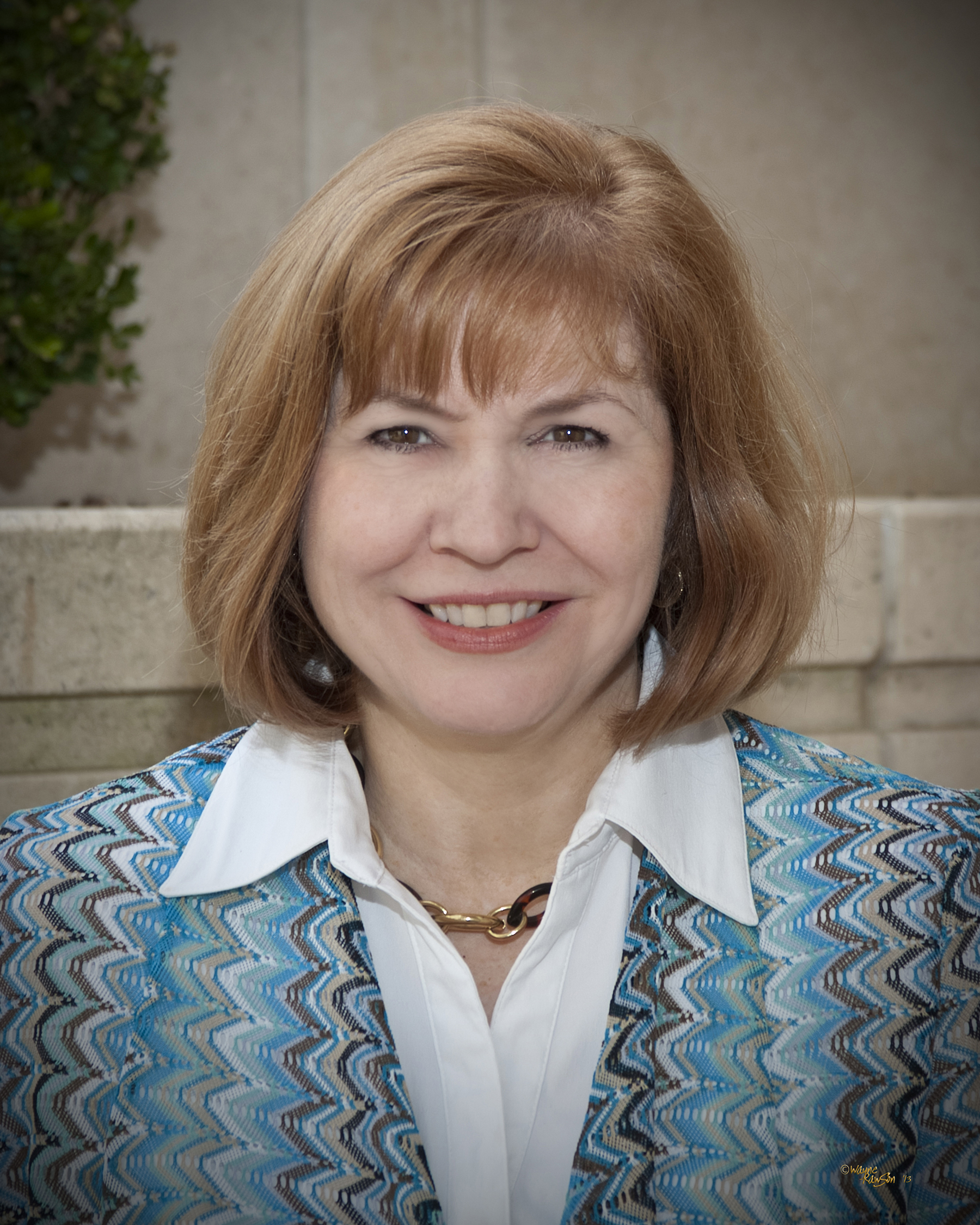Ginny Ruffin: Queen City Race for Life and Street Strut Ambassador
 As an oncology social worker at Anderson Regional Health System, Ginny Ruffin regularly
works with breast cancer patients.
As an oncology social worker at Anderson Regional Health System, Ginny Ruffin regularly
works with breast cancer patients.
Little did she expect she would receive a breast cancer diagnosis herself.
“I began having regular mammograms at age 40, and my mammogram in 2003 showed an abnormality, which after further workup and a biopsy, revealed breast cancer,” Ruffin said. At 41, Ruffin was diagnosed with infiltrating ductal adenocarcinoma with DCIS Grade 1.
“I was initially shocked since I had not felt a mass or suspected something was wrong,” Ruffin said.
She underwent a right modified radical mastectomy with reconstruction and six cycles of chemotherapy. Though there were some challenging days during treatment, she continued working, which kept her busy and from dwelling on the diagnosis and side effects from treatment.
“Working as the oncology social worker, I have always considered myself a compassionate person, but following my breast cancer journey, I am now able to know firsthand many of the challenges of going through a breast cancer diagnosis,” Ruffin said.
In 2010, she became the patient navigator for the Anderson Breast Clinic; in that position, she can guide newly diagnosed breast cancer patients through the healthcare system.
Ruffin credits her colleagues for offering a great work support system and the physicians and staff who guided her. “I was blessed with great family and friend support as well. I also have a strong faith in God which grew stronger during this process. Having a strong support system is so important as it helps lessen your stress and reminds you that you are not alone in this journey,” she noted.
Her advice to others? Get regular mammograms. Ruffin said, “I would encourage all women who are 40 years of age (and younger if you have a family history) to get regular mammograms. There are so many advances today in diagnosis and treatment. We have great medical care in Meridian with physicians and support staff who can make sure you know your options to get the best care possible. Don’t be afraid to ask questions or seek medical care. Early detection really does save lives!”
To learn more about the Queen City Race for Life and street strut, visit meridiancc.edu/streetstrut.

